Current Projects
This project investigates thermal thresholds for visitation of public playgrounds in western Sydney.
This project develops an AI-driven mass customisation platform for smart, sustainable tiny modular homes, targeting first-home buyers.

This international research project unites multiple stakeholders—academics, industry leaders, farmer organisations and policymakers- to drive transformative growth in agribusiness and strengthen policy dialogue.

This project aims to conduct a pilot investigation into how industrialised construction technologies can effectively mitigate Australia’s housing crisis.
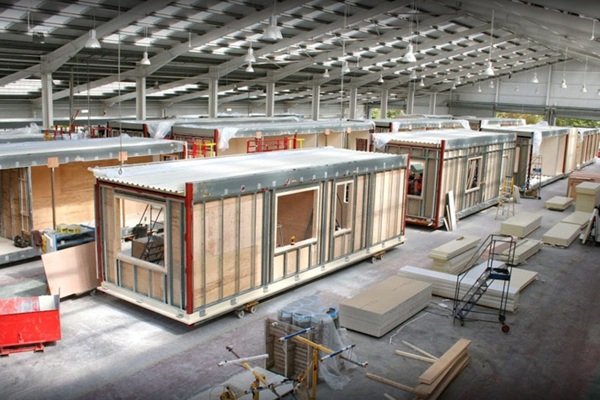
This research will contribute to the evidence base that NGAA and its members will use to support their advocacy for infrastructure funding for growth areas in the lead up to the 2025 Federal Election.

This research aims to develop an adaptive structural framework utilising recyclable and reusable materials to support sustainable, long-term building solutions.

This research focuses on enhancing fire resilience in multistorey modular residential buildings by addressing unique challenges posed by their prefabricated design and material composition.

The project explores the adoption of platform-based methods for net-zero project delivery models.
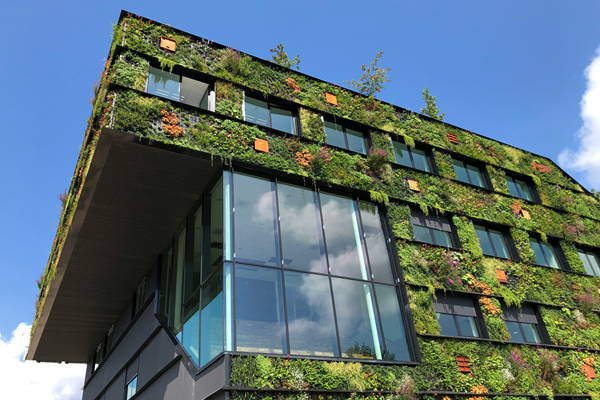
This is the first large study of renewable energy development lead-times across the National Electricity Market (NEM).

This project aims to develop an assessment tool for evaluating bridge structural integrity in the HRCC region.
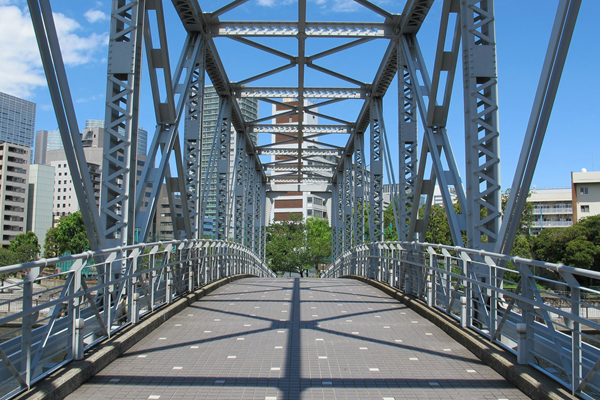
In this project integration of terrestrial and aerial data for digitisation of heritage assets will be examined.

A finite element model of the sample bridge will be developed using Western Sydney University's specialised software.

The Net Zero Cities Australia initiative is a not-for-profit entity dedicated to advancing the transition to a Net Zero economy through city-scale living lab projects. Cities are ideal for driving change because they are small enough to foster collaborative innovation yet large enough to implement systems-scale interventions essential for meaningful carbon reductions and accelerated sustainability outcomes. Building on the strong foundation of the Net Zero Cities CRC consortium, which brought together over 50 universities, industry, government, and community partners, the NFP entity works on Living Lab projects that demonstrate urban innovation and applied research on Australia’s net zero transition at a city scale.
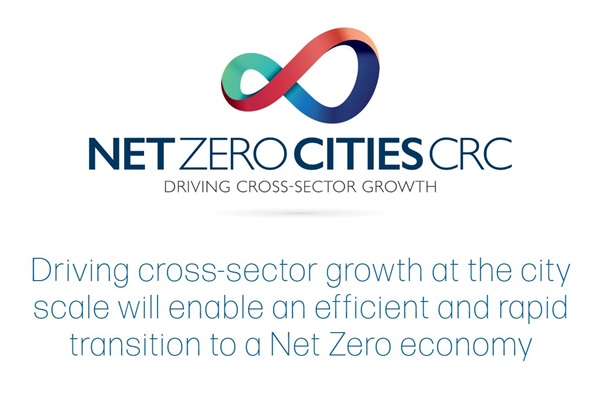
Original Power has partnered with Western Sydney University and Indigenous Research Partners to improve energy sector understanding of the lived experience of First Nations households and communities using prepayment arrangements for electricity.

This project seeks to address the challenges and opportunities associated with the introduction of smart meters across Australia.

This project aims to bring together diverse stakeholders around green space oriented housing development, focusing on collaborative, sustainable funding for green open spaces.

This project unites over 20 university researchers and industry partners to co-design a policy framework that enables the successful implementation of Modern Methods of Construction (MMC), including prefab and modular housing in Australia.
As Australian cities face increasingly complex sustainability challenges from natural disasters, including extreme weather events and heat, urban green spaces are essential to mitigate these challenges and support resilient cities.

The aim of this project is to unpack pathways for collaboration and economic growth between Australian and Indian higher education institutions and businesses.

The COVID-19 pandemic has exacerbated Australia’s housing crisis, with rising affordability issues, a constrained housing supply, and increasing vulnerability among disadvantaged communities. This pilot survey seeks to explore how diverse populations are developing resilience in the face of these housing challenges.

Identifying the technical and policy obstacles and solutions to boost the installation of electric vehicle chargers in apartments in NSW.
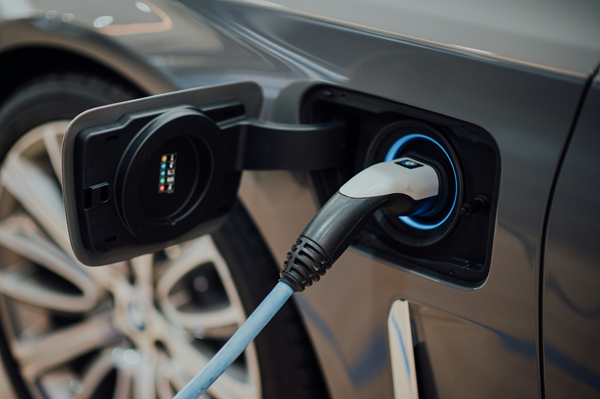
Increasing heat limits the opportunity for outdoor play. This project investigates thermal thresholds for visitation of public playgrounds in western Sydney.
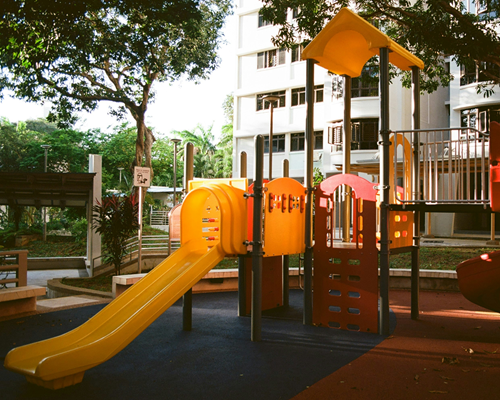
Little is known about the variability of ultra-local air temperatures across the Sydney Basin. This project records air temperature data at more than 600 locations across local government areas in eastern and western Sydney to benchmark city microclimates.

This project will develop strategies, resources, and co-designed workshops to support external partners’ governance work in establishing the most effective heatwave risk management and implementation strategy for Western Sydney.

Virtual, spatial, digital twins are emerging as a powerful system of systems approach to understanding and providing guidance for policy and governance for energy, water, waste and transport systems as well as heat island and bushfire management.

Integration of machine learning algorithms for early detection and predictive maintenance in bridge health monitoring using Terrestrial Laser Scanner data.



